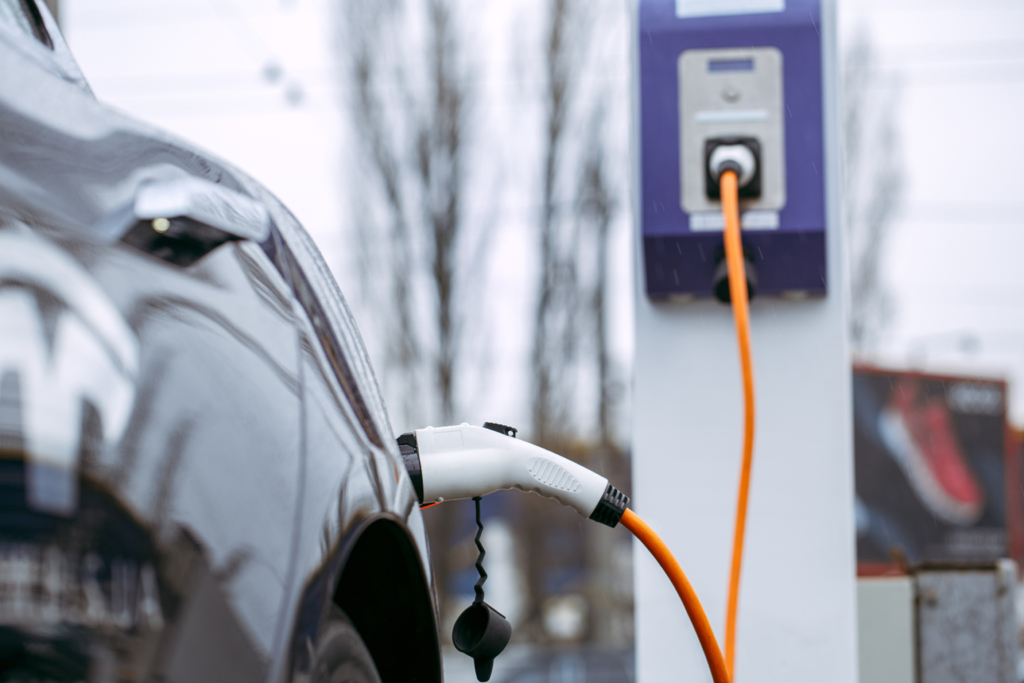Boasting a range of iconic brands, an impressive history in research and development, and a supply chain that is both creative and dependable, it's no wonder the UK’s automotive sector is one of the most diverse in the world. From production to quality control, the UK has certainly set itself apart when it comes to car manufacturing.
The industry has already made strides in developing and producing hybrid and full Electric Vehicles (EVs) and almost all components needed to manufacturer zero emission vehicles are produced in the UK already, offering a solid foundation for transitioning to EVs.
Despite the ban on manufacturing new petrol and diesel cars being pushed back to 2035, scaling up at a rapid pace is still high on the agenda.
The UK’s current position
Today, there are more than 70 EV models built in the UK by over 25 brands, and full of hybrid EVs account for almost a third of all car production according to Society of Motor Manufacturers and Traders (SMMT) data. The UK is home to Europe’s first mass produced electric car, Nissan Leaf and by 2025 at least 20 models of Battery Electric Vehicles (BEV) or Plug-in Hybrid (PHEV) Electric Vehicles are expected to be in production.
Green credentials

As of 2022, wind power was the UK’s second largest source of energy, and almost a third of all electricity used was generated from renewable energy, so the Government’s target for 2035 for all electricity to be sourced from zero emissions is looking favourable.
On top of that, the UK also currently ranks as seventh best for low carbon energy generation, with the likes of Germany, the US, South Korea and China being among the top five. This puts the UK in a great position for low carbon manufacturing of EVs and key EV-specific components. Production of EVs in the UK will be favourable, as will British built components, which can then be exported overseas.
Transformation strategy
With its report, Race to Zero: Powering up Britain’s EV Supply Chain, the SMMT have outlined a green automotive transformation strategy, which it believes is key setting the UK up to be one of the world’s most competitive locations for advanced automotive manufacturing.
The SMMT strategy consists of three categories:
1. De-risk private capital
- More generous incentives and subsidies.
- Competitive energy costs.
- Support renewable energy projects.
- Support clean-tech start-ups and scale-ups.
- Green tech co-investment.
- Upskill the workforce
2. Regulatory reform
- Update outdated regulation and planning requirements to be appropriate for the electric vehicle age.
- Reduce red tape and fast-track approvals for battery production and renewable energy projects.
- Speed up green technology project funding.
- Decouple electricity prices and renewables from gas.
3. Global diplomacy
- Expand and enhance free trade agreements.
- Partner with mineral-rich nations.
- Promote UK investment in critical material mining.
- Provide best possible trade conditions for remanufacturing.
SMMT is clear that with the right strategy, the goals can be achieved.
Data source: Society of Motor Manufacturers and Traders


